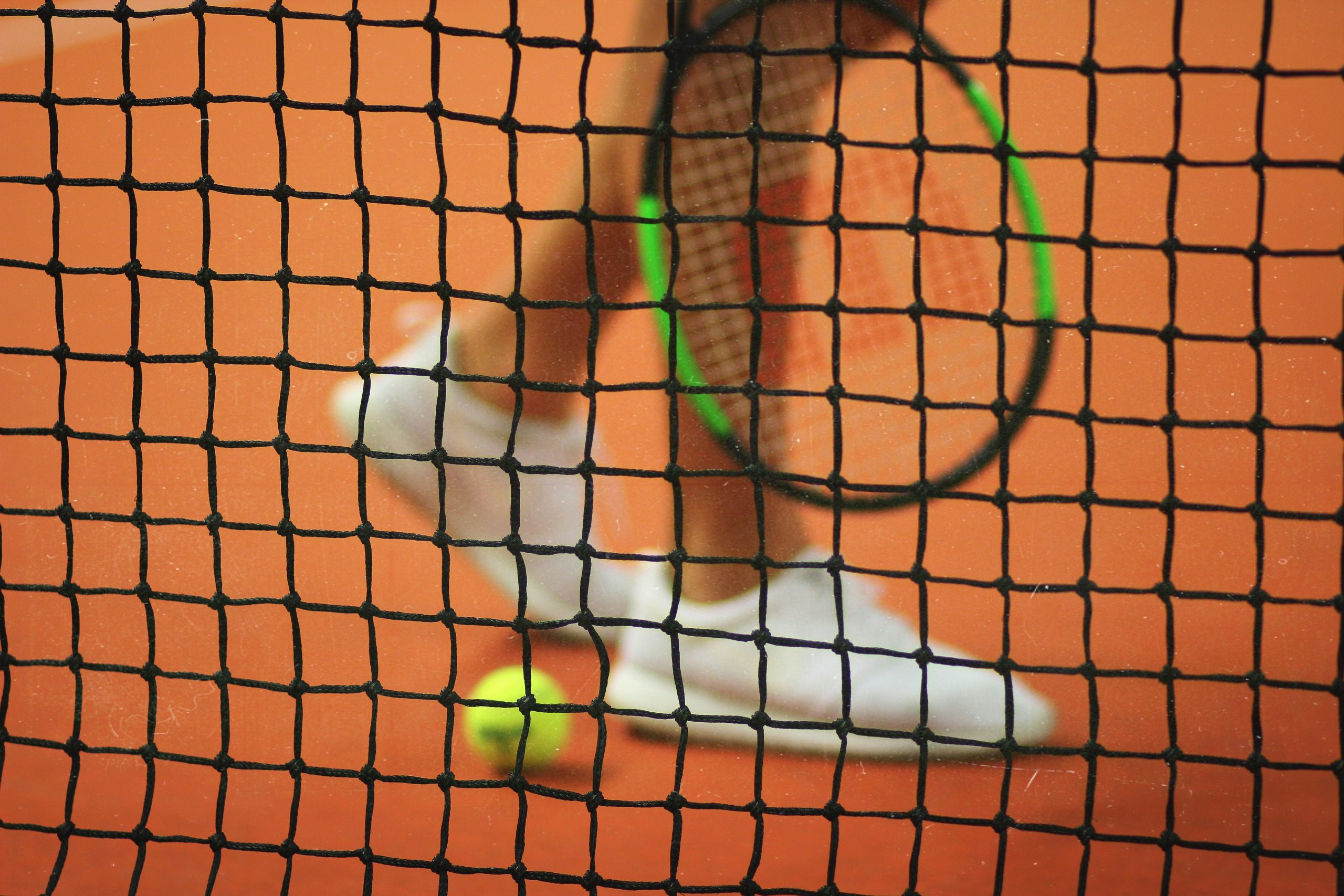
Tennis challenges both physical and mental endurance. While fitness is essential, mental strength often determines the winner. Staying composed under pressure, handling setbacks, and maintaining focus are vital skills. Tennis players who master these aspects gain a decisive edge.
Mental preparation transforms a player’s approach to the game. It builds resilience, sharpens focus, and enhances decision-making during critical points. The ability to bounce back quickly after setbacks defines champions.
Visualization: The Power of Mental Rehearsal
Visualization is a cornerstone of mental preparation. It helps players imagine success and boosts confidence before matches. By visualizing each stroke, movement, and winning point, players condition their minds to perform effectively.
Set aside time daily to visualize game scenarios. Picture yourself serving an ace or returning a tough shot. This technique strengthens neural pathways, making your actual performance more consistent and accurate.
Incorporate visualization into your pre-match routine. It calms nerves, reduces anxiety, and primes the mind for peak performance. Practice regularly for lasting results.
Building a Focused Pre-Match Routine
A structured pre-match routine sets the stage for success. Routine provides familiarity and reduces pre-game jitters. Create a step-by-step process that prepares your mind and body for the game.
Start with light physical exercises to loosen up. Pair these with mental strategies like breathing exercises or affirmations. For example, repeat phrases such as “I am focused and ready to win.” This reinforces confidence and focus.
Eliminate distractions before matches. Limit conversations or exposure to overwhelming environments. This allows you to remain calm and maintain a sharp mindset.
In-Match Focus: Staying Present on the Court
Tennis demands total concentration. One missed moment can shift the game. Developing in-match focus ensures consistency and prevents costly errors.
Adopt a “one-point-at-a-time” mindset. Dwelling on past mistakes or future worries disrupts your focus. Focus entirely on the current point. Break the match into smaller segments and approach each with a fresh mindset.
Use cues to regain focus. A deep breath between points or a self-reminder like “reset” helps block distractions. Rituals, like adjusting your strings or bouncing the ball, also anchor your attention.
Managing Stress and Emotions During Matches
Intense matches often trigger stress. Managing emotions is crucial to performing well under pressure. Control negative thoughts and channel energy positively.
When frustration builds, pause and breathe deeply. This lowers your heart rate and clears your mind. Replace negative self-talk with constructive affirmations like “I will stay in control.”
Learn to detach emotionally from outcomes. Focus on your effort and execution, not just the score. This helps maintain composure during setbacks.
Long-Term Mental Conditioning for Success
Mental toughness grows through consistent practice and self-reflection. Incorporating mental conditioning into your training builds resilience over time.
Set realistic goals that challenge you but remain achievable. Break larger goals into smaller milestones for motivation. Celebrate progress while identifying areas needing improvement.
Journaling is an effective tool. Reflect on your mental state during matches and note triggers or breakthroughs. Over time, this creates a personalized mental game plan.
Mental preparation is just as essential as physical training. By sharpening your focus, building routines, and managing stress, you can achieve lasting success.